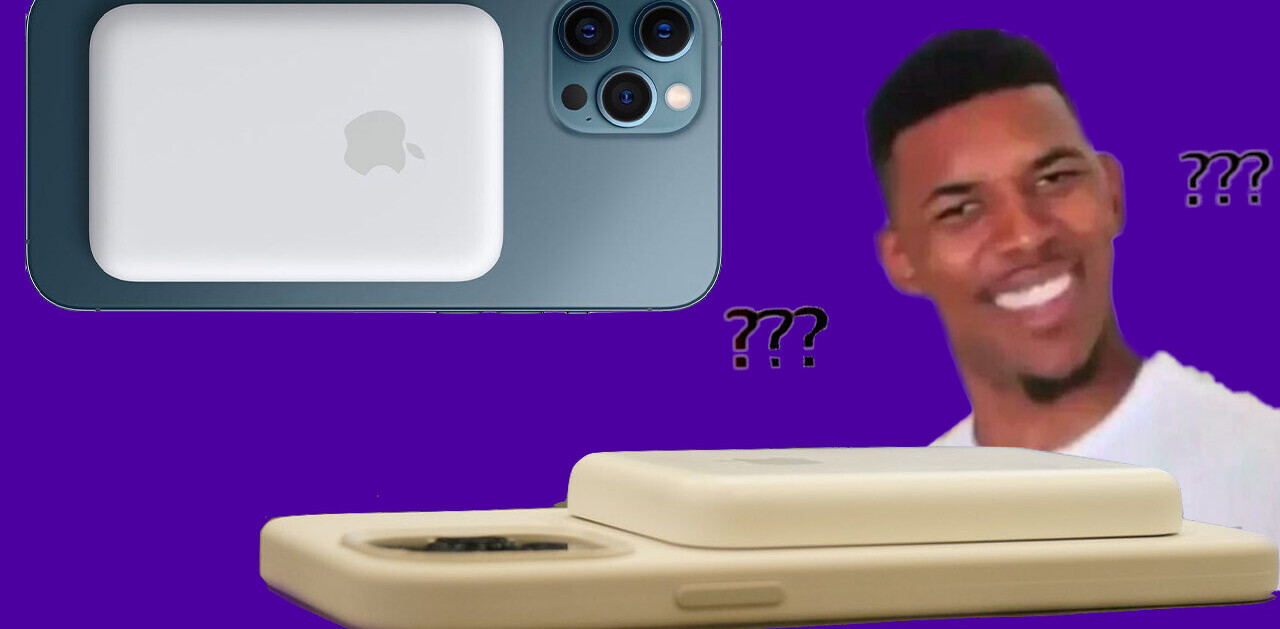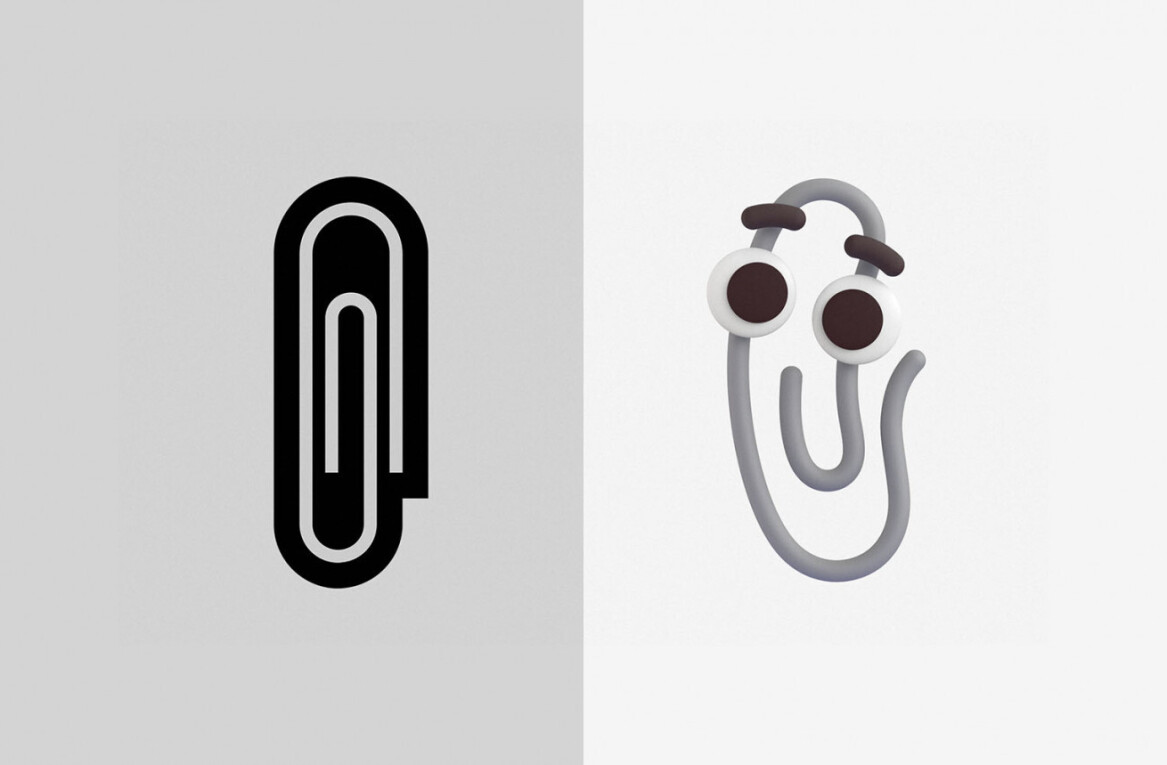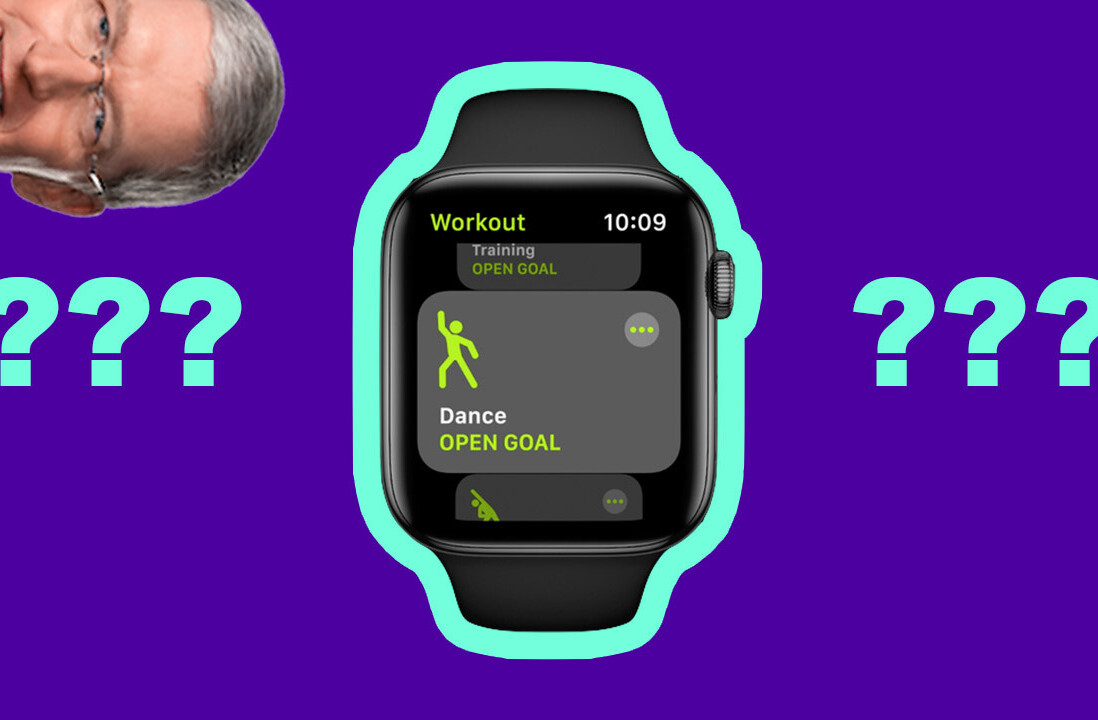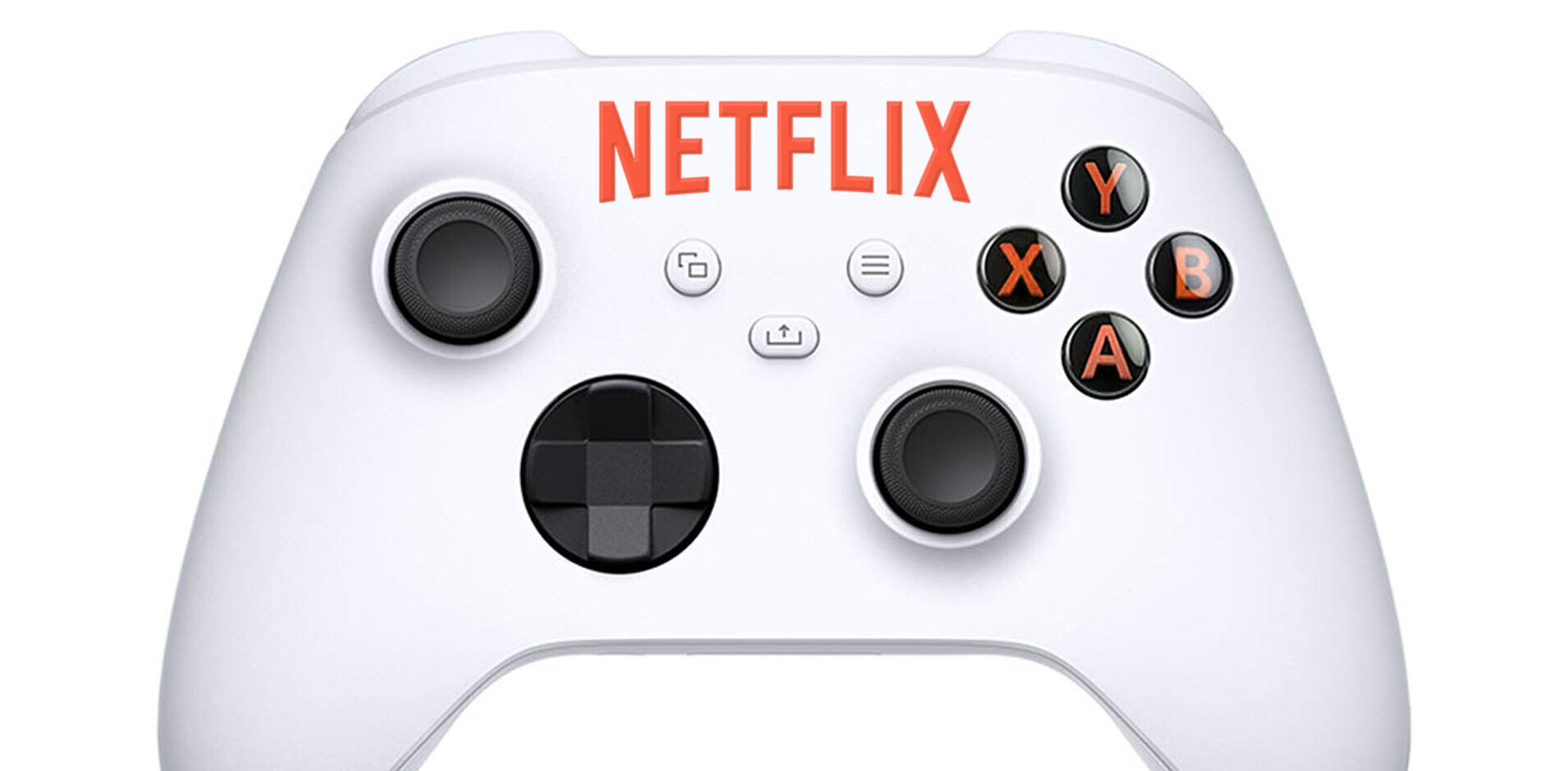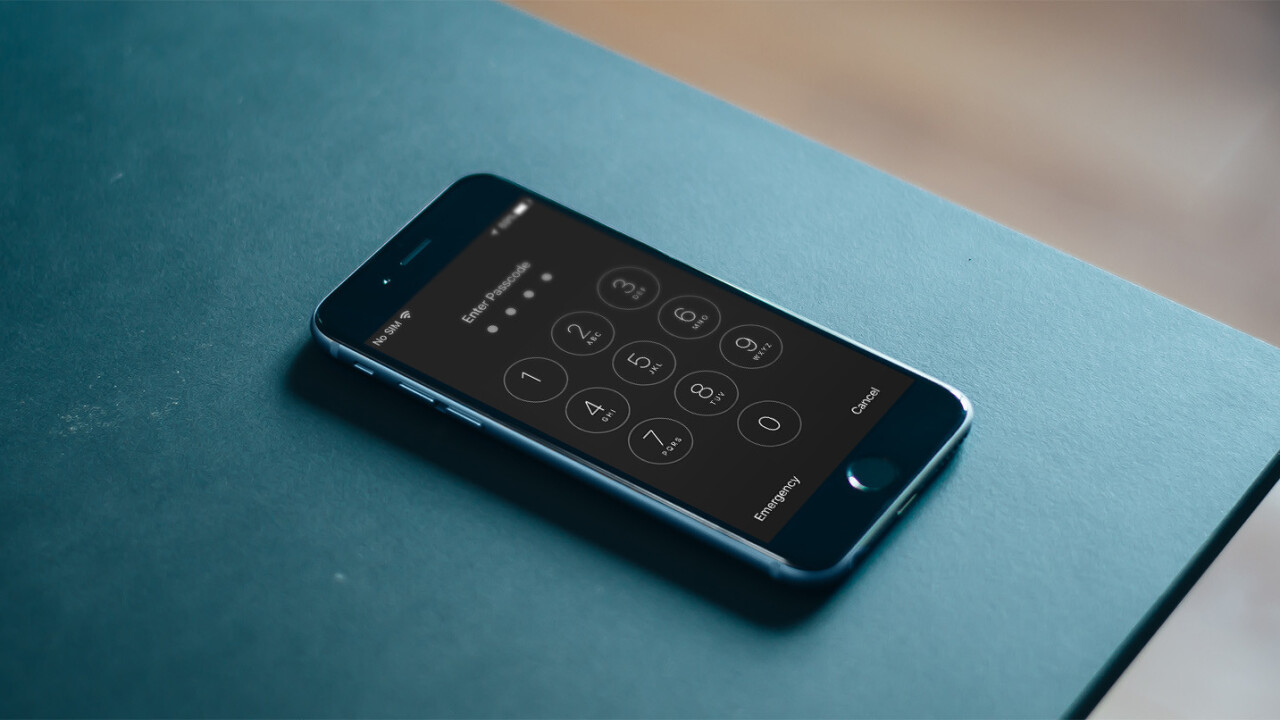
Disregarding his Fifth Amendment rights, the Florida Court of Appeals has ordered a male suspect to surrender his iPhone 5 passcode to police.
The decision runs counter to a Virginia court ruling in a separate case that stipulates suspects can be required to unlock a phone with their fingerprint, but can’t be forced to reveal their passcode as this could possibly violate Fifth Amendment rights against self-incrimination.
According to Courthouse News, the suspect in question attempted to take inappropriate photos of a woman without her knowledge or consent.
A man suspected of voyeurism can be compelled to tell police his four-digit iPhone passcode so they can search it for incriminating photos, a Florida appeals court ruled.
Aaron Stahl was arrested after a woman who was shopping in a store saw him crouch down and extend an illuminated cellphone under her skirt, according to court records.
When the suspect refused to reveal his passcode to police, the state filed a motion to compel the suspect into providing them with access to his photos. While the original trial judge denied the request, the Court of Appeals overturned the ruling, ordering Stahl to provide police with access to his phone.
Citing dense legal provisions, the court argued its decision is in line with Fifth Amendment stipulations:
“Providing the passcode does not ‘betray any knowledge [Stahl] may have about the circumstances of the offenses’ for which he is charged,” Judge Anthony Black said, writing for the three-judge panel. “Thus, ‘compelling a suspect to make a nonfactual statement that facilitates the production of evidence’ for which the state has otherwise obtained a warrant based upon evidence independent of the accused’s statements linking the accused to the crime does not offend the [Fifth Amendment] privilege.”
In essence, since the state already had reasonable cause to believe the evidence existed on the phone, the ruling didn’t contradict the Fifth Amendment, rendering it legal to demand access to the device.
Taking into account the two opposing rulings in different states, the case will likely end up being contested in the Supreme Court.
Earlier this year, Apple went toe-to-toe with the FBI after refusing to unlock an iPhone device associated with the San Bernardino shooting. While Apple never complied with the requests, the FBI eventually cracked the phone on its own.
via 9to5Mac
Get the TNW newsletter
Get the most important tech news in your inbox each week.

